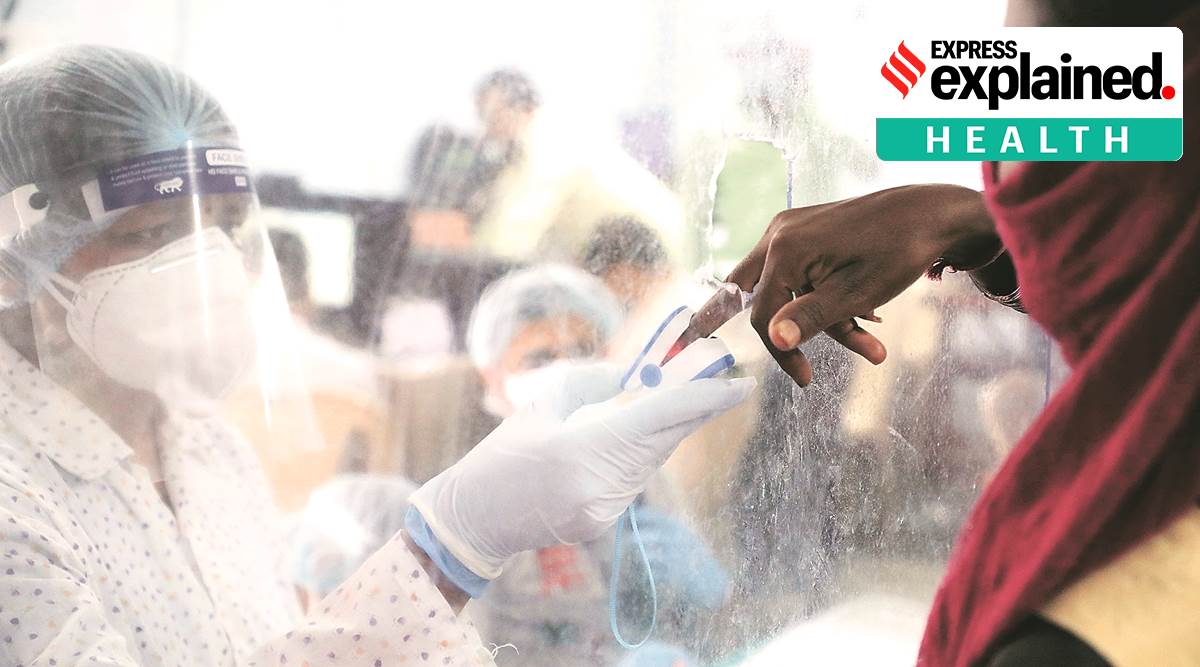
[ad_1]
 The researchers collected blood samples from 39 Covid-19 patients admitted to Charité. From these blood samples, they isolated immune cells and stimulated these with fragments of the SARS-CoV-2 virus.
The researchers collected blood samples from 39 Covid-19 patients admitted to Charité. From these blood samples, they isolated immune cells and stimulated these with fragments of the SARS-CoV-2 virus.
Why are older people and people with underlying conditions at particular risk of severe Covid-19? New research has identified a possible reason: While these risk groups produce greater quantities of the immune cell known as ‘T-helper cells’, their T-helper cells show impaired function. The study, by researchers from Charité – Universitätsmedizin Berlin, is published in the Journal of Clinical Investigation.
The researchers collected blood samples from 39 Covid-19 patients admitted to Charité. From these blood samples, they isolated immune cells and stimulated these with fragments of the SARS-CoV-2 virus. The researchers then counted T-helper cells that had reacted to the viral fragments. Finally, they analysed whether there might be a link between the number of activated T-helper cells and the patients’ risk factors.
Indeed, the researchers were able to show a correlation between the frequency of virus-specific T-helper cells and the patients’ age. The same positive correlation was also found in relation to the ‘Comorbidity Index’, a measure expressing the severity of 19 different underlying medical conditions. The higher the patient’s Comorbidity Index, the higher the number of SARS-CoV-2-specific T-helper cells in their blood.
The team also found, however, that advancing age and overall comorbidity scores were linked to a decrease in the proportion of cells producing an important messenger molecule. This stimulates other components of the immune response. In patients with risk factors, some of the SARS-CoV-2-specific T cells no longer function properly, the research found. “One might say that these T-helper cells are being slowed down in people with risk factors. We believe this has the potential to hamper the body’s ability to mount an effective response against the pathogen,” leading co-first author Dr Arne Sattler said in a statement.
A protein called PD-1 is known to act as a molecular ‘brake’ on the immune system. It regulates the immune response so as to prevent the immune system attacking the body. The researchers showed that the virus-specific T-helper cells produced more PD-1 in patients with acute infection, than in those with milder symptoms.
Given that PD-1 could be partly responsible for the immune system in some people producing insufficient quantities of messenger substances, the researchers suggested that PD-1 be used as a new treatment target in patients with severe Covid-19. “Covid-19 patients may… benefit from treatments which aim to release this type of ‘immune system brake’. However, many more studies will be needed in order to clarify this matter,” Dr Sattler said.
Source: Charité – Universitätsmedizin Berlin
📣 The Indian Express is now on Telegram. Click here to join our channel (@indianexpress) and stay updated with the latest headlines
For all the latest Explained News, download Indian Express App.
© The Indian Express (P) Ltd
[ad_2]
Source link